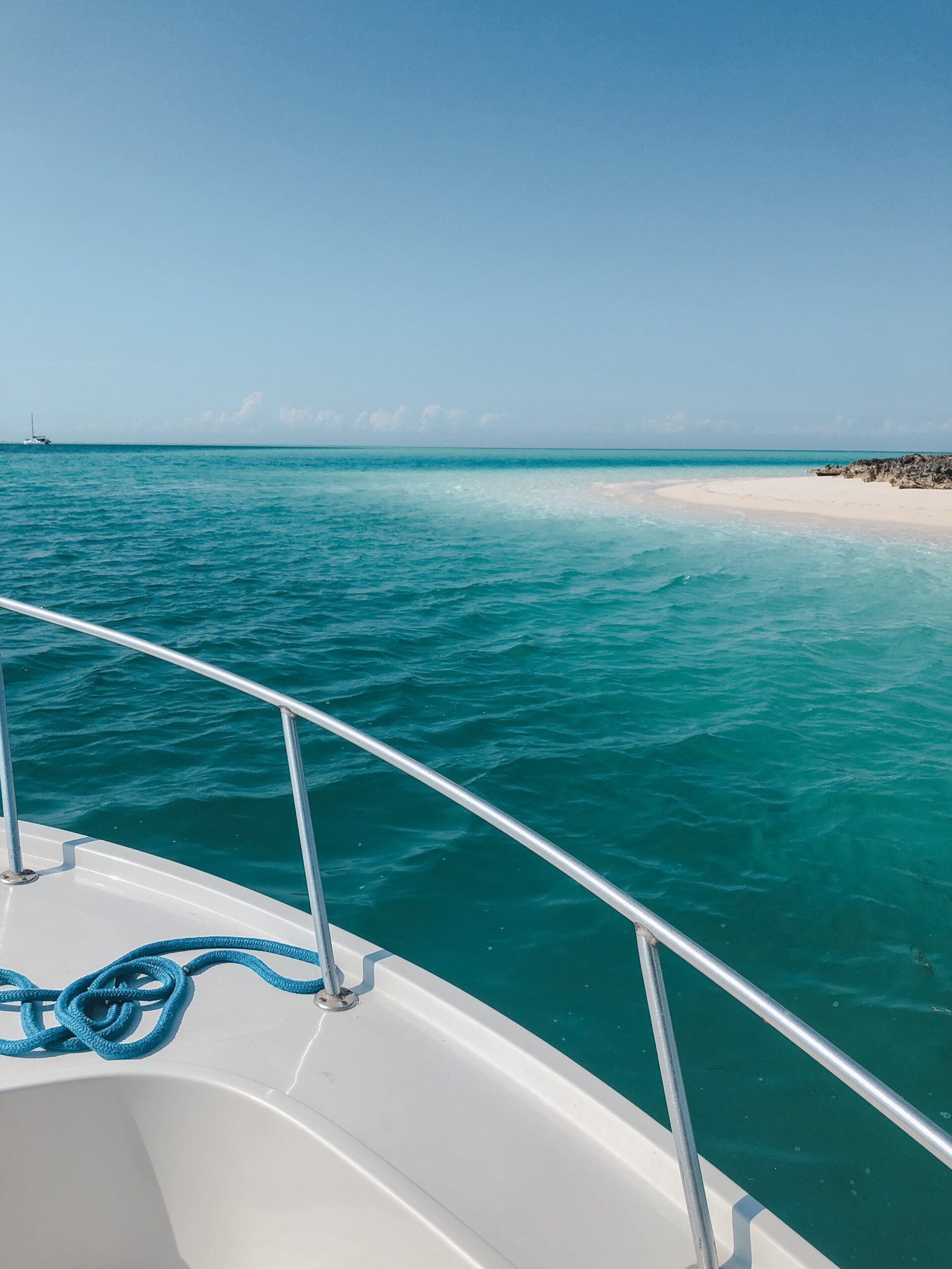
Penalties for non-compliance with the updated maritime regulations in Harbour Island waters are significant and can impact both foreign visitors and local operators. These new rules, which came into effect July 1, 2025, are part of a national initiative to enforce better oversight, safety, and environmental protection in Bahamian territorial waters. Understanding how these changes affect boaters is essential for those planning to cruise or dock in this region.
One of the most notable new rules is the mandatory use of an Automated Identification System (AIS) for all foreign-flagged vessels that are 50 feet or longer. The failure to properly use or activate AIS can result in a fine of up to $1,000 per incident. This applies whether the system is missing, not operational, or intentionally turned off while the vessel is underway. The regulation is being enforced consistently to improve maritime safety and traceability, and it's one of the key areas where violations are frequently cited under the boating rules Harbour Island now follows.
Another core requirement is securing the proper cruising permit or Frequent Digital Cruising Card (FDCC). Boats operating without one may face the same $1,000 fine as AIS violations. These permits must be paid for and carried onboard, and discrepancies or lapses can lead to additional scrutiny from customs or marine enforcement. The FDCC, valid for two years, costs between $1,500 and $8,000 depending on the vessel’s size. Traditional cruising permits are priced on a sliding scale as well, ranging from $500 to $3,000. Non-payment or misrepresentation of these fees is also considered a breach under the boating rules Harbour Island jurisdiction has adopted.
For boats anchoring outside of designated marina zones, anchorage fees range from $200 to $1,500. If a vessel is found avoiding these charges, fines may be levied, and the boat can be ordered to relocate. Additionally, for boats carrying more than three non-resident passengers, there is a $30-per-head tax applied to each additional person onboard. This is a commonly overlooked fee and one that enforcement agents now actively monitor as part of updated policy enforcement under new maritime law.
Environmental protection plays a key role in Harbour Island’s localized regulations. Discharging waste or polluting the water can trigger immediate consequences such as forced removal of the vessel, local fines, and being held liable for cleanup costs. These measures reflect the broader effort to safeguard natural ecosystems and are well-publicized in both marina handbooks and local advisory bulletins. As noted in the Harbour Island info available through official channels, even failing to leash pets onboard can result in warnings or fines from harbor authorities.
Noise violations especially those that occur during designated quiet hours from 10 p.m. to 8 a.m. can lead to warnings or expulsion from docks. Any vessel that becomes partially submerged or begins to sink must be removed within 24 hours at the owner’s expense. These rules ensure the harbor remains safe, organized, and enjoyable for all visitors, and are enforced by marina operators like Romora Bay and local government authorities.
For travelers and yacht owners looking to explore or visit Harbour Island, it's crucial to plan ahead. Confirm your boat meets all AIS requirements, carry a valid cruising permit or FDCC, prepay all applicable taxes and fees, and comply with all environmental and noise-related rules once docked. Failing to follow these new standards may not only incur costly fines but also disrupt your visit or damage your reputation with local marinas and authorities.
In summary, while the updated laws are strict, they are clearly outlined and reasonable for responsible boaters. Ensuring full compliance offers smooth sailing, uninterrupted enjoyment, and a positive contribution to the preservation of Harbour Island’s unique maritime environment something both visitors and locals deeply value, as emphasized throughout official Harbour Island info sources.